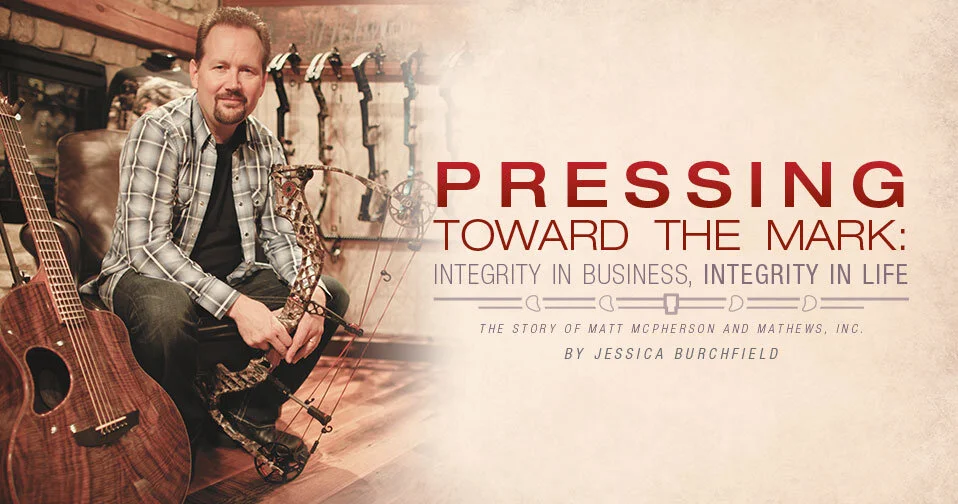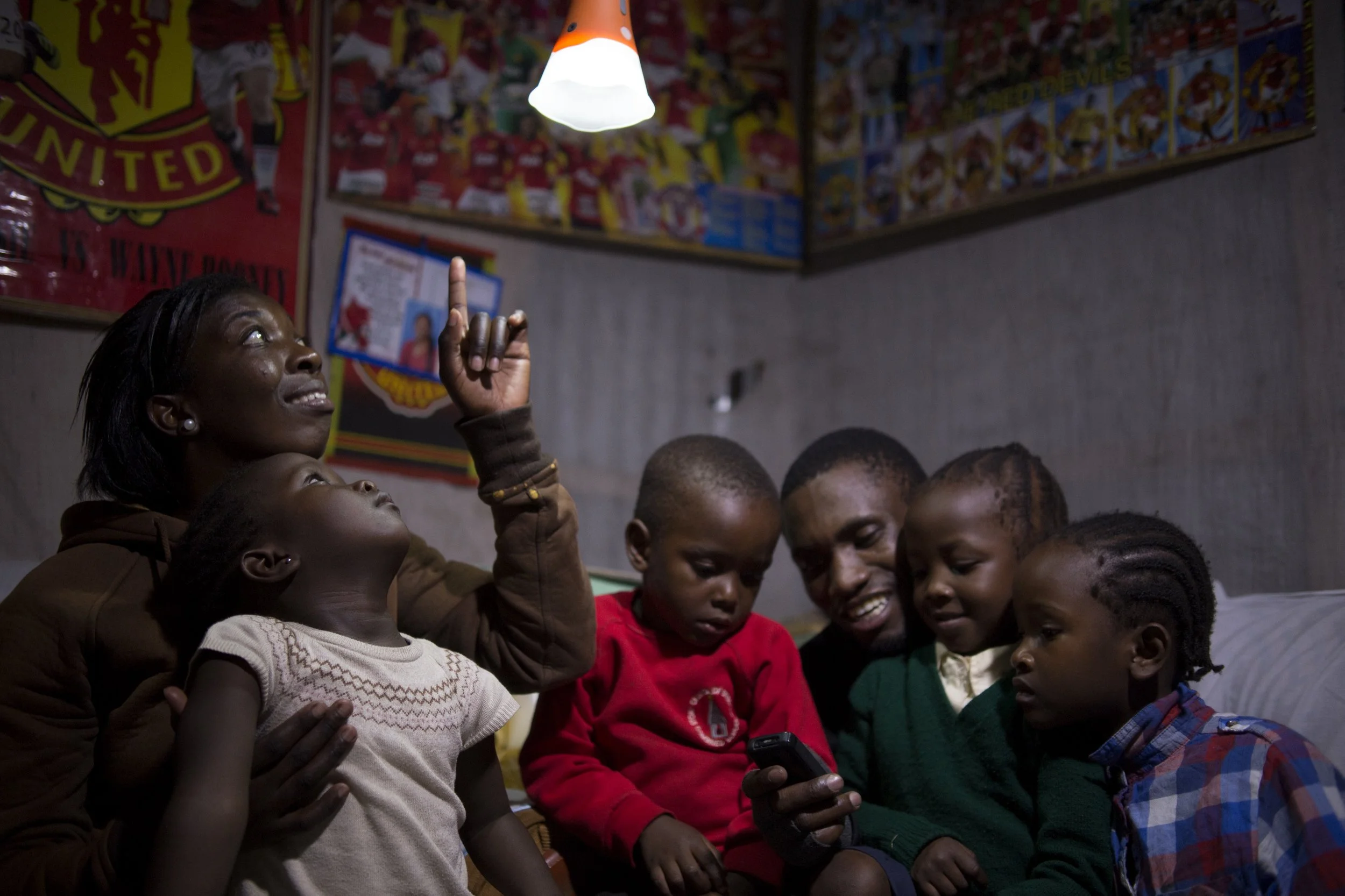The Transformative Role of Enterprise
— by Reuben Coulter
We believe that Faith Driven Entrepreneurs and Investors can create transformation in four main ways; Wealth and Job Creation, Innovation, Evangelism, and Discipleship and Cultural Transformation. The calling and gifts of the business leader are complementary to those of those of the minister and where possible should work in partnership together.
1. Business can create jobs and wealth
Two thirds of the world’s population live in poverty. Over 600 million new jobs will need to be created globally by 2030. Rapidly growing populations means that youth are often unemployed and without a future. Small & medium enterprises (with annual turnover from $100,000 to $50m) create more than 90% of formal employment opportunities in frontier and emerging markets, making them an essential part of every economy and an important lever for social and environmental impact.
2. Business can provide innovative solutions to the world’s needs
Yesterday’s solutions can’t solve today's problems. Innovation and technology can help tackle complex problems and enable nations to leapfrog forward. Entrepreneurs are the forward-thinkers the global economy needs. They look at technology as an opportunity to move forward in leaps and bounds.. In doing so, this type of innovation can create new markets and generate inclusive prosperity.
3. Business can reach the unreached
32% of the world claim to be Christians, but over 7,000 people groups have never heard of Christ. Evangelism is restricted in many countries and Christians are often persecuted. Other faiths like Islam are growing rapidly especially among youth. Faith-driven entrepreneurs can go to places where traditional missionaries can’t, and they can build meaningful relationships with and witness to their employees, customers, and suppliers.
4. Business can disciple leaders and transform culture
Too often people have a ‘Sunday only’ faith which is divorced from the daily reality of making ends meet. This disjointed faith turns a blind eye to corruption or promotes a prosperity gospel which focuses on personal enrichment. Faith-Driven Businesses can nurture their employees in their faith and disciple them to live Christ-like lives. In turn, these businesses and leaders will affect change in every aspect of society.
Related articles
A crisis can reveal what we really value and should prioritize. It applies when we get seriously sick, when there is an upheaval in our family, or even during a pandemic. The sifting process may also show what really stands the test of time, and what is a mere short-lived trend.
The practical outworking of this one Brazilian entrepreneurial business family working together with a North American Christian ministry to create a culture of blessing, first in their own family and then in the community, is now resulting in a transformational prototype in which all 7 spheres of society are being positively impacted within the ecosystem of the city.
"The global Church must embrace economic development and job creation as an integral part of Christ’s prayer that God’s kingdom would come on earth as it is in heaven."
Ecosystem building requires time and patience. It is typically a co-creation process between local leadership and capacity and international expertise and resources.
In our experience, a healthy faith-based ecosystem is built on five pillars. The first two pillars are foundational and unique to our faith, while the others are also applicable in the wider secular context.
What distinguishes a faith-driven entrepreneur from a secular entrepreneur? What types of enterprises create what impact?
Faith-based enterprises transforming economies intuitively makes sense but its potential has yet to be realised. Why is this the case?
More than half of young people in Sub-Saharan Africa, who make up the largest part of the population, are born into poverty, growing up in communities that visibly offer no hope, with few if any ethical role-models and mentors.
It is my opinion that to have a more significant impact in the communities we serve, nonprofits must consider mergers and consolidation as a means of future survival.
Over the past 70 years there has been significant progress in raising living standards and quality of life around the world.
When the spirit of shalom permeates all that we do, victories come in the form of transformative moments.
We believe that Faith Driven Entrepreneurs and Investors can create transformation in four main ways; Wealth and Job Creation, Innovation, Evangelism, and Discipleship and Cultural Transformation.
Perpetuate Capital exists to perpetuate the Kingdom impacts of BaaMs, while solving for shareholder liquidity at market-based costs/returns with fully aligned investors.
What if faith-driven entrepreneurs, not just in the U.S. but worldwide, went all-in to commit their creative talents and abilities to advance God’s kingdom and be the agents of change for justice, equality and eradication of poverty?
A modern day Christian Renaissance Man, Matt McPherson is the founder and CEO of both Mathews Inc., the largest bow manufacturer in the world, and McPherson Guitars, a leading name in the music industry for hand-crafted acoustic guitars
We’ve long preached sustainable development over handouts. The pandemic forces us to change our approach—for now.
Charity has a place, and relief efforts are needed. But for a long-term solution we need a paradigm shift in thinking and praxis, from handouts to job creation, from mainly non-profit responses to for profit solutions.
The effects of the coronavirus are disruptive beyond comprehension. The situation is changing by the hour. The consequences vary from difficult to dire for billions of people, and nobody knows what the timeline is for this crisis.
Applying biblical principles to shape best practices in business may sound challenging or scandalously illegal, but it’s surprisingly achievable and worthwhile. And while this view of stewardship may seem to be an ethereal, fluid concept, ministry can be objectively measured with worthy metrics of success much like any other dimension of thriving business.
In rural Mexico, fifty 3D printed homes are being built under the leadership of our most recent podcast guest, New Story CEO, Brett Hagler. The innovative project that’s the first of its kind is part of New Story’s larger goal of combatting global homelessness. This 3D printed neighborhood is set to house local families living on less than $3 a day.
Mats Tunehag came back from the Freedom Business Forum inspired by Annie Dieselberg’s speech: she shares her journey in realizing that the creation of business is a key to sustaining freedom because it provides us with life-giving choices. Freedom businesses are about restoring the power to choose, redeeming the value of life, and making money for good impact. Freedom businesses give people the chance to dream again!
The remarkable story of one gutsy contractor’s determination to end poverty in Africa. Grant Smith is not a visionary or an enthusiastic missionary. He’s a problem solver. When confronted with the desperate problems of poverty he witnessed in Africa, he did the only thing he knew how to do–business.
HAPPY MONDAY! We wanted to start the week with an encouraging video from a reader just like you. Jon Porter shares a video story of a dairy processing business that God called him to start in Rwanda employing the deaf. As he puts it, “It was an exciting, overwhelming, full-of-miracles experience …” and from what we can see, we couldn’t agree more!
“Kingdom success along the path of risk and failure.” - For many entrepreneurs, the possibility of startup glory — a huge payout, an early retirement, fame, acclaim, and the chance to transform how societies function — is worth the risk and the toil. And what if those momentous outcomes never come to fruition?
Mats Tunehag shares stories from around the world. In this piece, he reminds the reader that we cannot convert anyone by pushing through or forcing a spiritual impact. This is essential as we do business as mission.
This article was from a collection of whitepapers compiled for attendees of the CEF’s 2018 Global Event. We share Darin’s whitepaper in anticipation of 2019 CEF whitepapers launching soon! Read Darin Owen’s view on how to start, build, and grow prosperous companies.
Mats Tunehag’s stories from around the world are now in book form! BAM Global Movement: Business as Mission Concepts & Stories is a unique blend of short chapters explaining the ‘business as missions’ concept interspersed with brief case studies of BAM businesses.
What areas of your life do you long to see reconciled and made new? By asking the deeper questions, The Chalmers Center helps people wrestle with problems with work as a whole. Their training courses are there to help with restoring work to its a place of glorifying God and helping others.
The Church is beginning to combat extreme poverty in a more complete way. This is a movement where discipleship, job creation, training, and financial services are building on local relationships to empower communities to break free from poverty.
——
[ Photo by Annie Spratt on Unsplash ]






























We are in the process of a tectonic transformation in the way we work and live – let’s rise to the challenge of using generative AI to speak and create life, rather than standing on the sidelines.